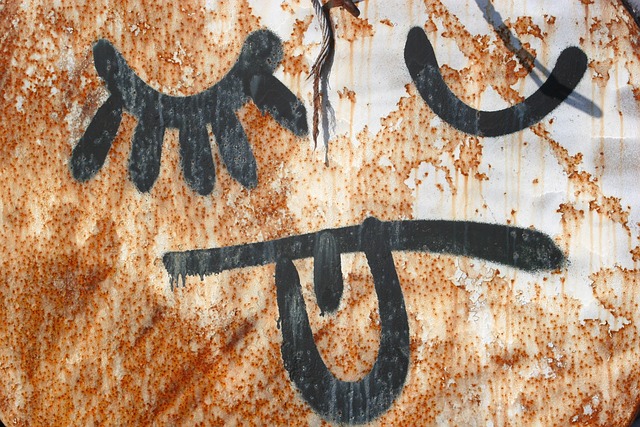
Image via Pixabay.
The notion of creativity in therapy (synonyms: counselling and psychotherapy) simultaneously intrigues and irks me.
Intriguing … because I believe that creativity is an innate human trait, and one that is crucial to the manifestation of our authentic and whole humanity. Creativity is also a rich source of wellbeing and joy, in life and work. It is also a critical tool for problem-solving and ultimately, self-actualisation. This is echoed by renowned psychologists like Carl Rogers and Abraham Maslow, and design thinkers like John Arnold and Robert McKim.
In my work with clients, creativity manifests as left-of-field:
- frames and perspectives - Just supposing, what if they were completely right? What does that mean to you?
- actions and behaviours - Write their name on a slip of paper in your shoe, that way you are always above them and not subject to their control.
- probing questions - What if you really had a time machine? What would you change first?
- responses to statements and situations - The room is stuffy? Let’s go for a walk.
- humour and playful naughtiness - What rude name would you make up for your mum? Why that name? What if we went to their house tonight and egg it? What thoughts and feelings come up for you?
I particularly liked Levi-Strauss’ concept of bricolage. I call this McGyvering. It is the ability to use currently available resources to address a problem. Sometimes, the only available resource is conscious reframing. This is when creative visioning becomes critical, to spin powerful counter-narratives so that one can choose a value position against an external circumstance.
Irksome … because in therapy, creativity in therapy is almost always linked to the creative arts therapies. This is the use of artistic/expressive materials and methods, instead of talk, as the primary conduit of therapy. Examples are art therapy, sand tray play therapy, and drama therapy.
This staid and limiting conceptualisation of creativity is frustrating. Instead of cultivating playfulness and spontaneous responses to the world, we are caught up in discussions on how we are not artistic, or the embarrassment associated with public performance and expression.
I have no interest in practising creative arts therapies. My design background is founded on creative problem-solving with pragmatic and adaptive outcomes; not the creation of artistic visual works. My interest remains thus in leveraging creative problem-solving in what I do and enabling each client to engage their own creative problem-solving.
It is unfortunate that the word Creativity is so quickly associated with just one clear-cut concept. Nonetheless, I will continue to discuss it and use it in its broader and more inclusive definition. Creativity as a function of life itself is innate to all of us.